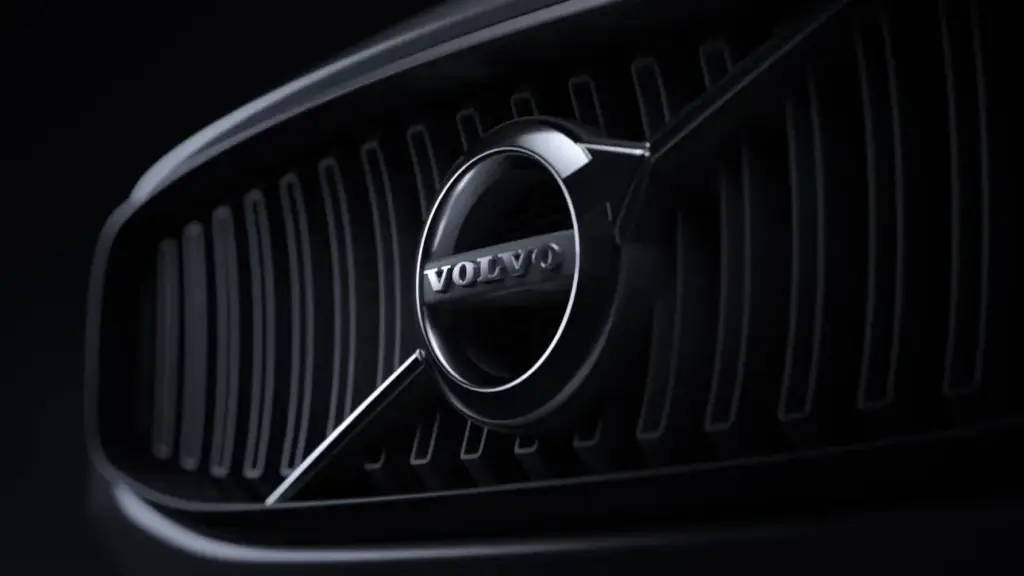Overview
This project aimed to ensure that the email templates were fully functional and compatible across a range of email clients and devices. The team faced challenges related to compatibility testing, design consistency, content verification, and ongoing testing and optimization. To address these challenges, the team leveraged Litmus testing tools to streamline the testing process, reduce testing time, and ensure that the email templates accurately reflected Volvo’s brand identity and messaging. By optimizing the email templates, the team helped to enhance the online buying experience for customers and establish Volvo as a global leader in the automotive industry.


Challenges
Here are the challenges faced during the email template testing project:
- Compatibility issues: The email templates needed to be compatible with various email clients and devices, making it challenging to ensure that they rendered correctly across all platforms.
- Design consistency: It was crucial to ensure that the email templates reflected the overall website design and brand identity, making design consistency a major challenge.
- Testing automation: As the volume of email templates increased, it became increasingly challenging to manually test each template.
- Content verification: The email templates needed to contain accurate and up-to-date content, including product information, promotions, and calls to action.
- Continuous testing: It was essential to continually test and optimize the email templates to ensure they remained compatible with evolving email client and device standards and met customer expectations.
Solution & Strategy
- Compatibility testing: To address the compatibility issues, the QA team implemented a strategy to test the email templates using Litmus across a range of email clients and devices. Any issues that were identified were addressed promptly to ensure that the email templates were rendered correctly across all platforms.
- Design consistency: To ensure design consistency, the team used Litmus to verify that the email templates reflected the desired design and layout. This helped to maintain consistency in the overall brand experience for customers, which was a key project goal.
- Automation testing: To streamline the testing process and increase efficiency, the QA team leveraged Litmus’ automation capabilities. This helped to reduce testing time and ensure that all email templates were tested thoroughly, without any manual effort required.

- Content verification: To verify the content in the email templates, the team used Litmus to test the templates across multiple email clients. This helped to ensure that all customers received consistent messaging and that the content was accurate and up-to-date.
- Continuous testing: To address the need for ongoing testing and optimization, the team implemented a strategy to continually test and optimize the email templates using Litmus. This helped to identify and resolve any issues that arose over time and ensure that the email templates remained compatible with evolving email client and device standards.
Conclusion
In conclusion, the project for Volvo posed several challenges that needed to be addressed to ensure that customers received consistent messaging and an optimal user experience. These challenges included compatibility issues, design consistency, automation testing, content verification, and ongoing testing and optimization. The QA team implemented a strategy that leveraged the Litmus tool to test the email templates across multiple email clients and devices, streamlining the testing process and ensuring compatibility and design consistency. Litmus’ automation capabilities were also used to increase efficiency, while ongoing testing and optimization were done to maintain compatibility with evolving email client and device standards. Overall, the QA team’s efforts helped to ensure that the email templates were accurate, up-to-date, and consistent with Volvo’s brand identity, ultimately contributing to a positive user experience for Volvo customers.


